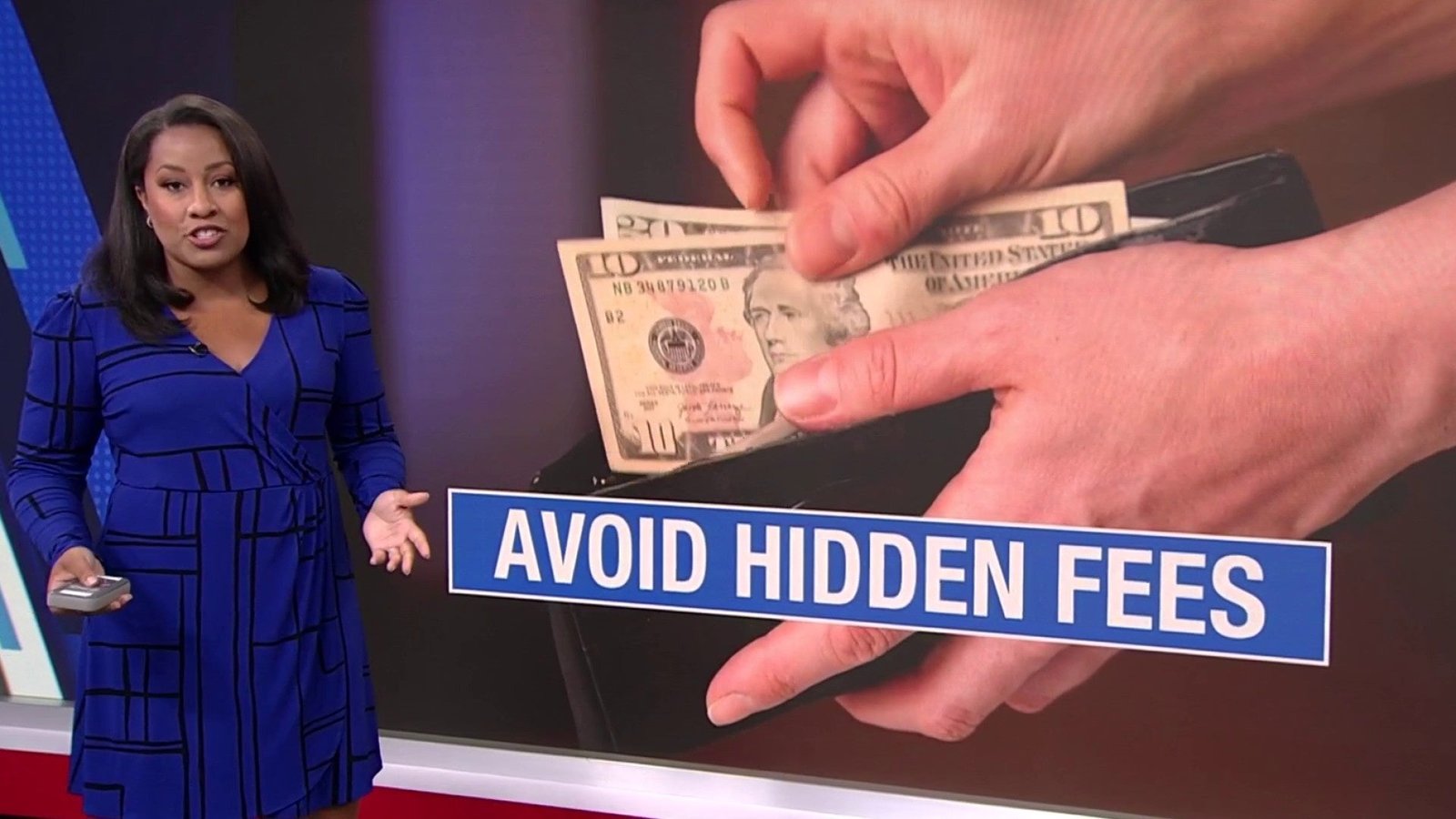Junk fees—those sneaky extra charges tacked onto bills and bookings—have become a frustrating part of everyday life in Orlando and beyond. Whether you’re booking a hotel room on International Drive, ordering food delivery to your Lake Eola apartment, or splitting costs with friends through a payment app, you’ve likely been hit with these surprise fees. A new federal law aims to crack down on some of the worst offenders, promising relief for Orlando residents and visitors alike. But even as the law takes effect, many hidden costs continue to lurk in the fine print. Here’s what you need to know about the new rule, which fees you can still expect, and how to protect your wallet in Central Florida.
Understanding Junk Fees: What Are They and Why Do They Matter?
Junk fees are extra charges that businesses add to the advertised price of a product or service, often with little transparency or explanation. Think of “resort fees” at hotels on International Drive, “service charges” on ticketing websites, or “processing fees” on food delivery apps. These costs can quickly add up, making it difficult for Orlando consumers to compare prices or budget accurately. According to consumer advocates, junk fees cost Americans billions each year, and the issue is especially pronounced in tourist-heavy cities like Orlando, where hotels, attractions, and restaurants frequently use them to boost profits.
What the New Federal Law Covers
In April 2024, the Federal Trade Commission (FTC) introduced a new rule targeting junk fees nationwide. The rule requires businesses to clearly display the total price upfront—including any mandatory fees—before you make a purchase. This means that when you book a hotel near Universal Orlando or buy theme park tickets online, you should see the full price, not a deceptively low base rate followed by a list of add-ons at checkout.
The law applies to a wide range of industries, including travel, entertainment, and online marketplaces. In Orlando, this could mean more transparent pricing on everything from amusement park tickets to event venues. However, it’s important to note that the law does not ban all fees—just those that are hidden or misleading. Optional add-ons and certain surcharges are still permitted, as long as they’re disclosed before you pay.
Common Hidden Fees That Still Affect Orlando Residents
Despite the new law, many fees remain perfectly legal and continue to impact everyday transactions in Orlando. Here are some common examples to watch out for:
- Hotel Resort Fees: While hotels must now disclose these fees upfront, they’re still allowed to charge them. In Orlando’s tourism district, resort fees can add $20–$50 per night to your bill.
- Food Delivery Service Charges: Apps like DoorDash, Uber Eats, and Grubhub often tack on “service” or “small order” fees that aren’t always obvious until the final checkout screen.
- Rental Car Surcharges: Picking up a car at Orlando International Airport? Expect “facility” or “concession recovery” fees, sometimes totaling over $10 per day.
- Event Ticketing Fees: Concerts at the Amway Center or Dr. Phillips Center may come with hefty “processing” or “convenience” fees, even after the new law—provided they’re disclosed early in the process.
- Payment App Fees: Apps like Venmo and PayPal may charge for instant transfers or certain types of payments—fees that are disclosed, but often overlooked.
For Orlando locals who rely on these services for everyday convenience, these costs can quickly add up, eating into monthly budgets and making it harder to plan for family fun or travel.
How to Spot and Avoid Hidden Fees in Orlando
While the new FTC rule brings more transparency, consumers still need to be vigilant. Here are some tips for Orlando residents and visitors to avoid getting stung by hidden fees:
- Always review the total cost before clicking “confirm” on a booking or order. Look for a summary of all charges—not just the advertised price.
- Compare options across different platforms. Some sites or apps may include fees upfront, while others reveal them only at the last step.
- Ask about fees in advance when booking hotels, car rentals, or event tickets. A quick call or message can clarify what’s included.
- Read the fine print on promotions and deals. “No booking fee” doesn’t always mean no additional charges.
- Consider alternatives like picking up food in person, using cash for peer-to-peer payments, or buying tickets directly from venues to save on extra costs.
Orlando’s competitive tourism market means businesses often offer deals to attract visitors, but those deals can sometimes be offset by fees. Being proactive and informed is the best way to keep your spending in check.
The Future of Fee Transparency in Orlando
The new federal rule is a step forward
















